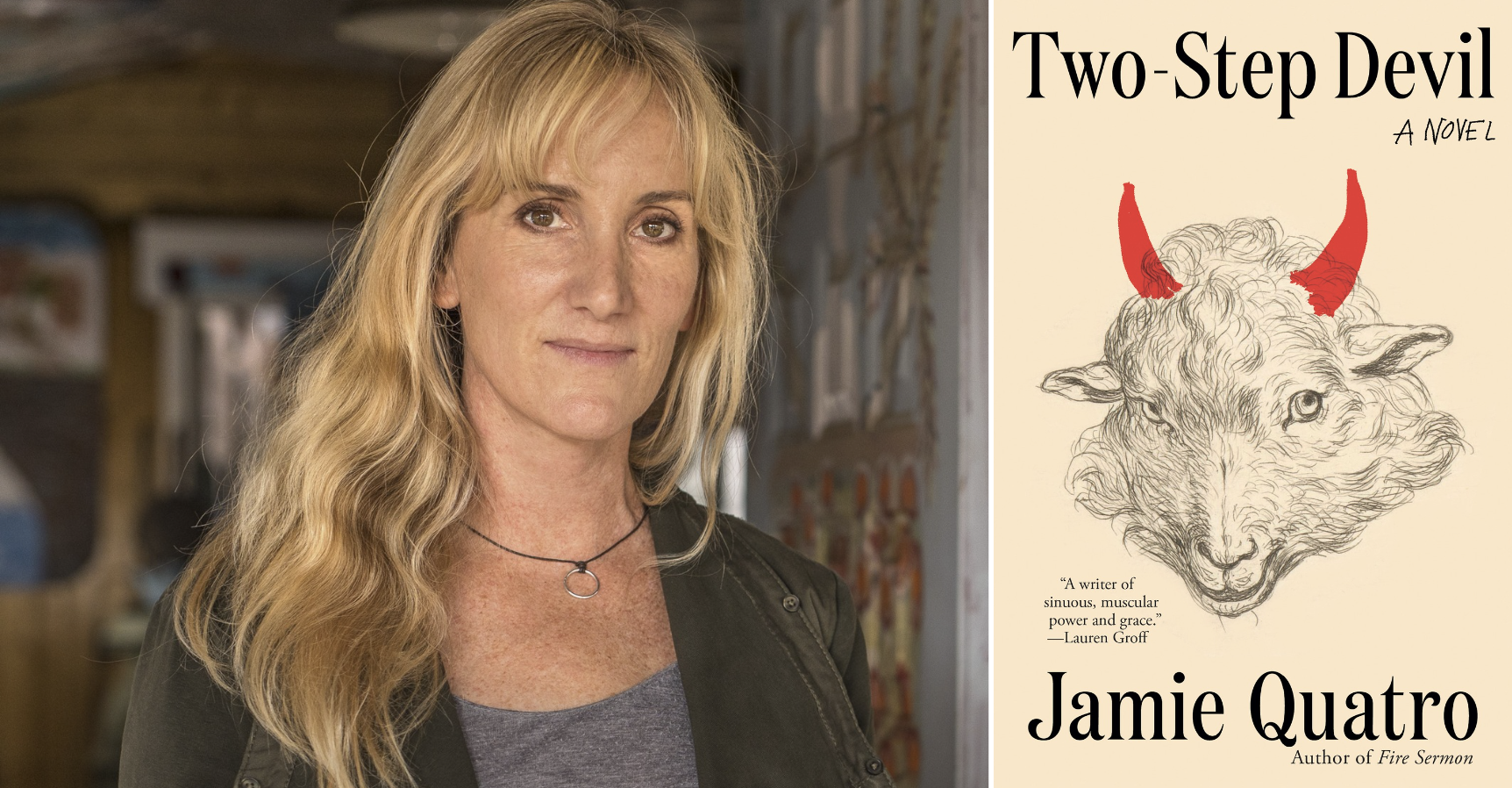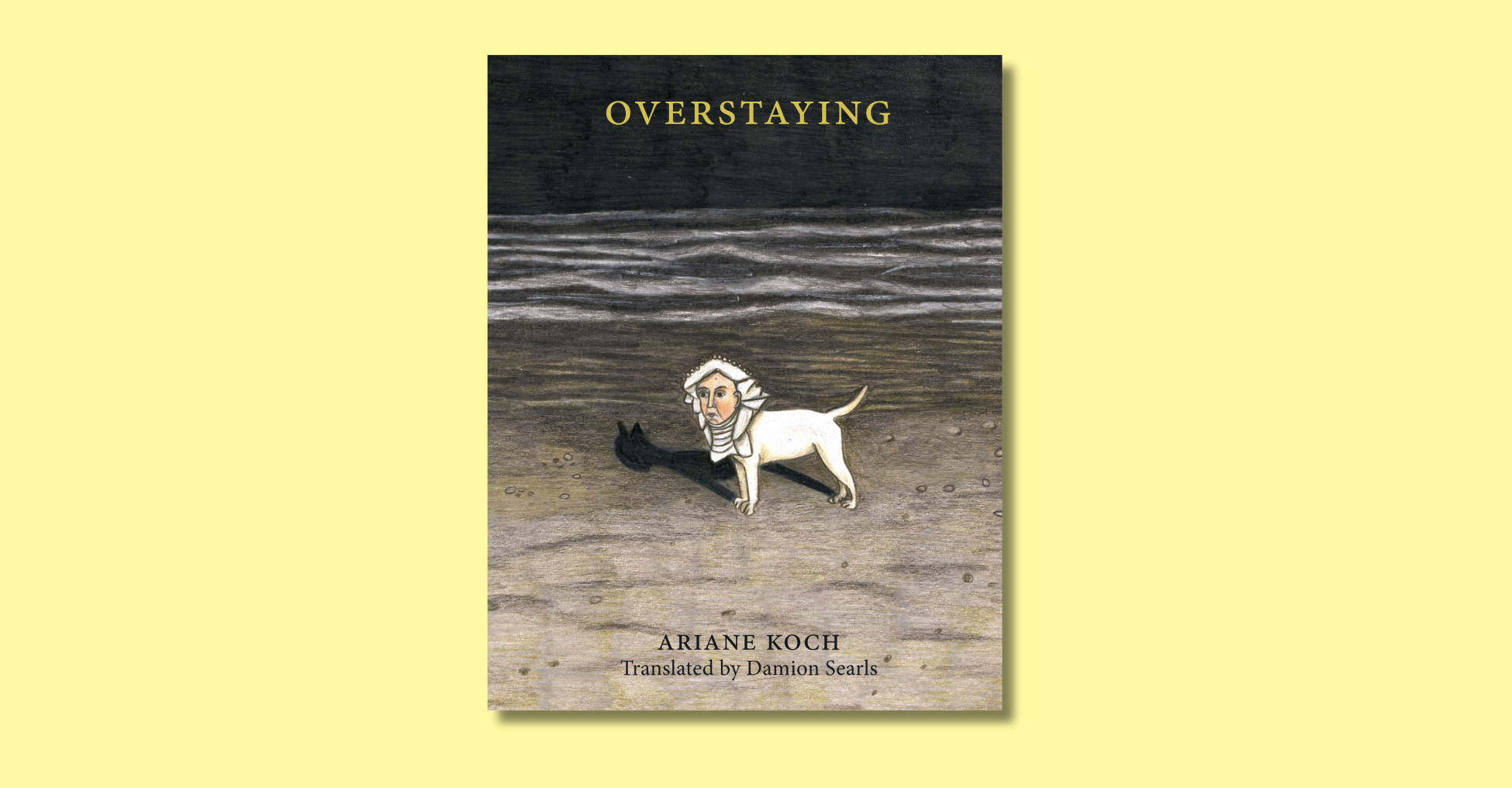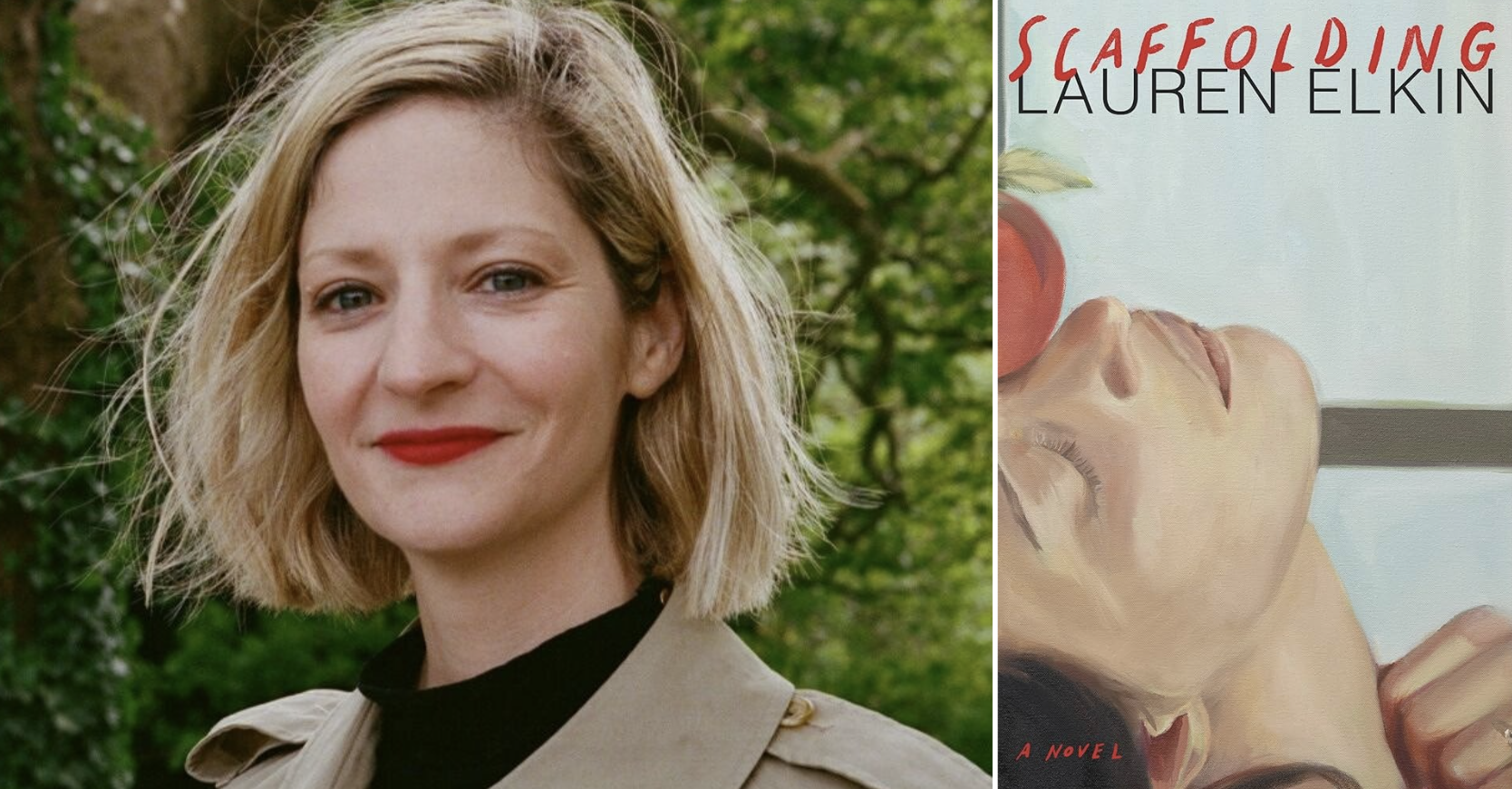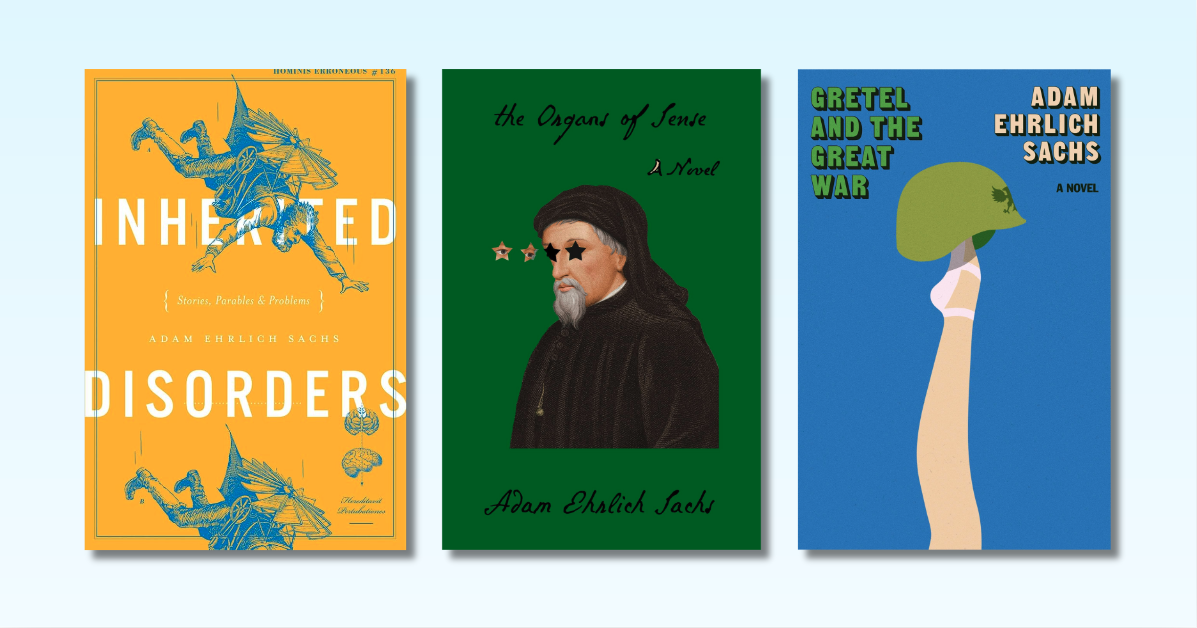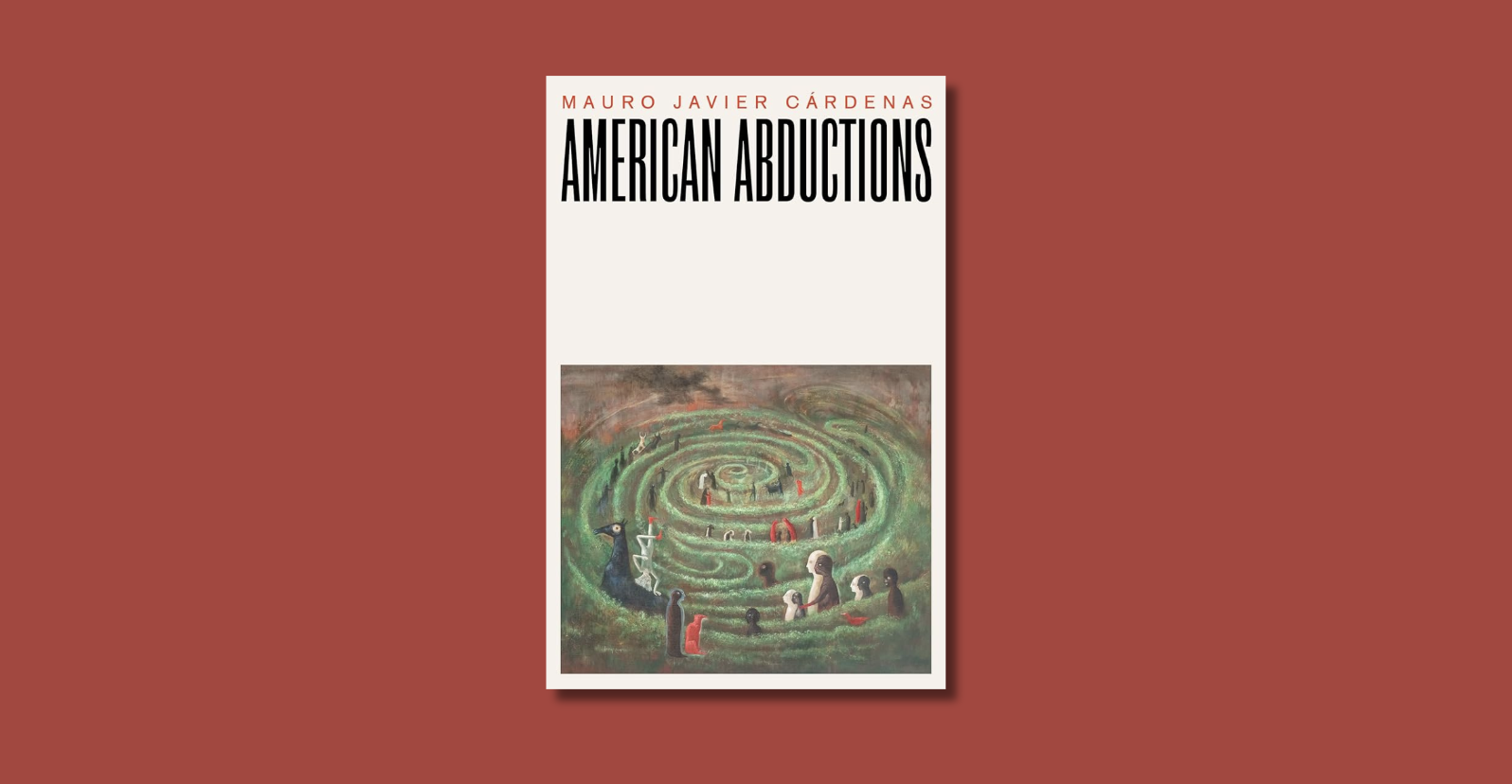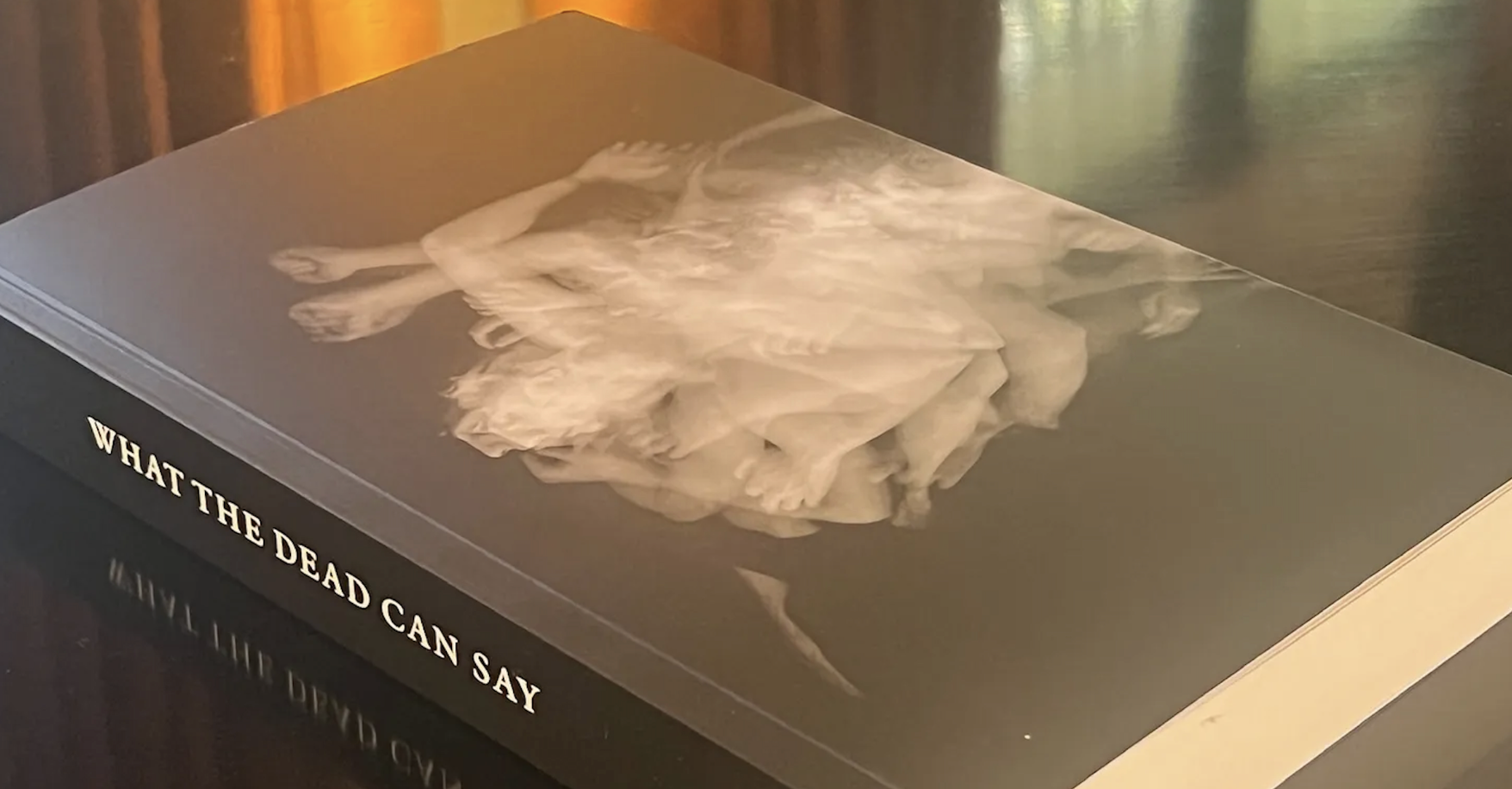
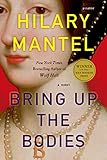 On September 13, Manhattan’s august Morgan Library launched Bookermania, a show dedicated to 45 years of the Man Booker Prize. For those curious about the story behind the headline-hogging award, and the company that this year’s winner Eleanor Catton has just joined, this jewel-box exhibit showcases the prize that ignited the careers of writers from V.S. Naipaul to D.B.C. Pierre, and helped shape the canon of postcolonial literature. A shallow shelf running around the wall displays first editions of prizewinning and shortlisted novels, from P.H. Newby’s Something to Answer For in 1969 to Hilary Mantel’s Bring Up the Bodies in 2012. It’s an impressive collection, with more classics and fewer obscurities than the odds might suggest. According to curator Sheelagh Bevan, the display is designed to celebrate the physical book and the importance of cover design, while at the same time showing off what everyone comes to the Booker to find: intellectual battles, backstabbing, and bitchery.
On September 13, Manhattan’s august Morgan Library launched Bookermania, a show dedicated to 45 years of the Man Booker Prize. For those curious about the story behind the headline-hogging award, and the company that this year’s winner Eleanor Catton has just joined, this jewel-box exhibit showcases the prize that ignited the careers of writers from V.S. Naipaul to D.B.C. Pierre, and helped shape the canon of postcolonial literature. A shallow shelf running around the wall displays first editions of prizewinning and shortlisted novels, from P.H. Newby’s Something to Answer For in 1969 to Hilary Mantel’s Bring Up the Bodies in 2012. It’s an impressive collection, with more classics and fewer obscurities than the odds might suggest. According to curator Sheelagh Bevan, the display is designed to celebrate the physical book and the importance of cover design, while at the same time showing off what everyone comes to the Booker to find: intellectual battles, backstabbing, and bitchery.
The Morgan’s archive, drawn from its acquisition of literary agent Peter Straus’s vast collection, contains some 4,000 items. The selection on display — of correspondence, notebooks, annotated proofs, and newspaper clippings — testifies to the argumentative journey toward choosing each year’s winner, and demonstrates the outsize cultural impact the prize has had since its creation. Controversy has been built into the Booker since it began. The prize’s initial sponsor was Booker McConnell, described by The Guardian in 1968 as “an international company dealing in sugar, rum, mining machinery and James Bond.” The company had been booted out of the former British Guiana when the country declared independence, and established the prize in part to raise its profile and reputation in the U.K. This strategy backfired early, when the 1972 prize-winner John Berger used his acceptance speech to attack the company’s long and dirty trading history, stating that “the modern poverty of the Caribbean is the direct result of this and similar exploitation,” and promising to donate half his winnings to the London arm of the Black Panthers.
However, the Booker organizers were savvy enough to realize that such public shaming could only draw attention to the prize. Its innovation of releasing a shortlist several weeks before the winner was announced was designed to stimulate both comment and commerce — in 1980, with two of its authors on the shortlist, Penguin was the first publisher to rush out paperback editions flagged in bright orange as nominees. The transparency of revealing the shortlist (and since 2001, the longlist) has made Booker-watching and Booker-bashing into British national sports, and some of its decisions seem designed to bait the press, such as including celebrities, like Dan Stevens of Downton Abbey and celebrity chef Nigella Lawson, on the judging panels. The latest outcry is over the new rules allowing U.S. entrants, which writers including Julian Barnes have warned will skew the results, thanks to British “cultural cringe” in the face of American blockbusters.

 What makes Booker controversies more compelling than other instances of literary sour grapes is that the fiercest and most colorful criticism often comes from judges and board members, not just shunned novelists. In 2001, judge A.L. Kennedy complained that the award was based on “who knows who, who’s sleeping with who, who’s selling drugs to who, who’s married to who, whose turn it is.” Unfortunately the notes from judges’ meetings are embargoed for 20 years, so the Morgan can’t reveal London’s current literary drug-dealers and bed-hoppers. On the flip side, there is also evidence here of judicial high-mindedness. In a letter from 2005, when his novel The Sea won the award, John Banville thanks judge John Sutherland for his “quintessentially English sense of fair play” — Sutherland had gone to bat for The Sea even though earlier that year, the two had publicly tangled over Banville’s demolition of Ian McEwan’s Saturday in The New York Review of Books.
What makes Booker controversies more compelling than other instances of literary sour grapes is that the fiercest and most colorful criticism often comes from judges and board members, not just shunned novelists. In 2001, judge A.L. Kennedy complained that the award was based on “who knows who, who’s sleeping with who, who’s selling drugs to who, who’s married to who, whose turn it is.” Unfortunately the notes from judges’ meetings are embargoed for 20 years, so the Morgan can’t reveal London’s current literary drug-dealers and bed-hoppers. On the flip side, there is also evidence here of judicial high-mindedness. In a letter from 2005, when his novel The Sea won the award, John Banville thanks judge John Sutherland for his “quintessentially English sense of fair play” — Sutherland had gone to bat for The Sea even though earlier that year, the two had publicly tangled over Banville’s demolition of Ian McEwan’s Saturday in The New York Review of Books.

 Booker criticism fluctuates between charges of elitism and denunciations of populism. In 2011, the judges were attacked for looking for “readability,” and the next year, the shortlist looked far more experimental—although the prize went to the (relatively) readable Mantel. The prize guidelines call for a “full-length novel,” but what that means is up to the judges: this year, Colm Tóibín’s 104-page The Testament of Mary is the shortest work ever nominated. By operating no other categories, the Booker places particular pressure on the novel genre, and has long had an uneasy relationship with history and memoir. J.G. Ballard’s chance of winning in 1984 for his autobiographical novel Empire of the Sun was torpedoed, ironically, for alleged factual inaccuracies, while Thomas Keneally, who had won for Schindler’s Ark two years, originally signed a non-fiction contract for the book.
Booker criticism fluctuates between charges of elitism and denunciations of populism. In 2011, the judges were attacked for looking for “readability,” and the next year, the shortlist looked far more experimental—although the prize went to the (relatively) readable Mantel. The prize guidelines call for a “full-length novel,” but what that means is up to the judges: this year, Colm Tóibín’s 104-page The Testament of Mary is the shortest work ever nominated. By operating no other categories, the Booker places particular pressure on the novel genre, and has long had an uneasy relationship with history and memoir. J.G. Ballard’s chance of winning in 1984 for his autobiographical novel Empire of the Sun was torpedoed, ironically, for alleged factual inaccuracies, while Thomas Keneally, who had won for Schindler’s Ark two years, originally signed a non-fiction contract for the book.
Since the early ’70s, U.K. bookmakers have published odds on the winners, and as The Atlantic recently reported, Graham Sharpe, the head of Britain’s biggest bookie William Hill, is regularly consulted for his opinion on the winners’ chances. He had no clear favorite this year, and told the BBC that this was “one of the most competitive shortlists for years.” But now the fun is over for another year, fans of literary feuds and rivalries can get their fix at the Morgan — at least until the National Book Award shortlist comes out.
“Bookermania” is at the Morgan Library and Museum from September 13 to January 5, 2014.

